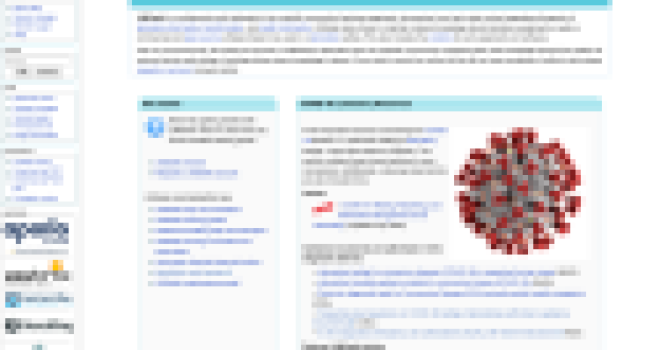LabLynx Wiki

A laboratory information system (LIS) is a software system that records, manages, and stores data for clinical laboratories. An LIS has traditionally been most adept at sending laboratory test orders to lab instruments, tracking those orders, and then recording the results, typically to a searchable database.
LIMSpec Wiki

A laboratory information system (LIS) is a software system that records, manages, and stores data for clinical laboratories. An LIS has traditionally been most adept at sending laboratory test orders to lab instruments, tracking those orders, and then recording the results, typically to a searchable database.
Bioinformatics Wiki

A laboratory information system (LIS) is a software system that records, manages, and stores data for clinical laboratories. An LIS has traditionally been most adept at sending laboratory test orders to lab instruments, tracking those orders, and then recording the results, typically to a searchable database.
IHE Wiki

A laboratory information system (LIS) is a software system that records, manages, and stores data for clinical laboratories. An LIS has traditionally been most adept at sending laboratory test orders to lab instruments, tracking those orders, and then recording the results, typically to a searchable database.
HL7 Wiki

A laboratory information system (LIS) is a software system that records, manages, and stores data for clinical laboratories. An LIS has traditionally been most adept at sending laboratory test orders to lab instruments, tracking those orders, and then recording the results, typically to a searchable database.
Clinfowiki

A laboratory information system (LIS) is a software system that records, manages, and stores data for clinical laboratories. An LIS has traditionally been most adept at sending laboratory test orders to lab instruments, tracking those orders, and then recording the results, typically to a searchable database.
OpenWetWare

A laboratory information system (LIS) is a software system that records, manages, and stores data for clinical laboratories. An LIS has traditionally been most adept at sending laboratory test orders to lab instruments, tracking those orders, and then recording the results, typically to a searchable database.
Statistical Genetics Wiki

A laboratory information system (LIS) is a software system that records, manages, and stores data for clinical laboratories. An LIS has traditionally been most adept at sending laboratory test orders to lab instruments, tracking those orders, and then recording the results, typically to a searchable database.
Cloud-Standards.org

A laboratory information system (LIS) is a software system that records, manages, and stores data for clinical laboratories. An LIS has traditionally been most adept at sending laboratory test orders to lab instruments, tracking those orders, and then recording the results, typically to a searchable database.
WikiBooks

A laboratory information system (LIS) is a software system that records, manages, and stores data for clinical laboratories. An LIS has traditionally been most adept at sending laboratory test orders to lab instruments, tracking those orders, and then recording the results, typically to a searchable database.
LIMSwiki

A laboratory information system (LIS) is a software system that records, manages, and stores data for clinical laboratories. An LIS has traditionally been most adept at sending laboratory test orders to lab instruments, tracking those orders, and then recording the results, typically to a searchable database.
Wikiversity

A laboratory information system (LIS) is a software system that records, manages, and stores data for clinical laboratories. An LIS has traditionally been most adept at sending laboratory test orders to lab instruments, tracking those orders, and then recording the results, typically to a searchable database.
Wikipedia

A laboratory information system (LIS) is a software system that records, manages, and stores data for clinical laboratories. An LIS has traditionally been most adept at sending laboratory test orders to lab instruments, tracking those orders, and then recording the results, typically to a searchable database.

















